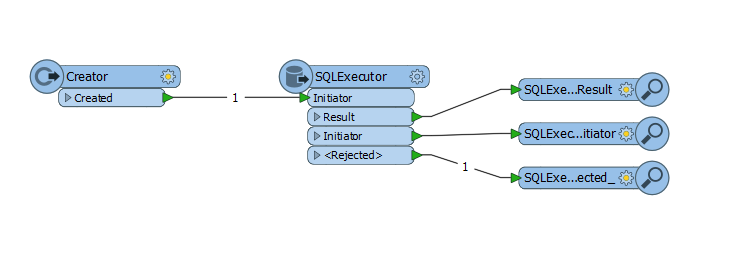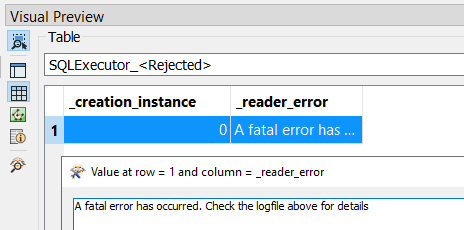Can'i catch the contraints oracle with the FeatureWriter? I need to test the integrity of oracle and catch the exception and do something if an error occure.
Execution of statement `UPDATE "MYTABLE" SET "STATUT_PRP_R" = :"STATUT_PRP_R" WHERE "OBJECTID" = :"OBJECTID"' did not succeed; error was `ORA-02290: violation de contraintes (PRP_AQU_BORNEINCENDIE_P_CHK) de vérification'. (serverType=`...













